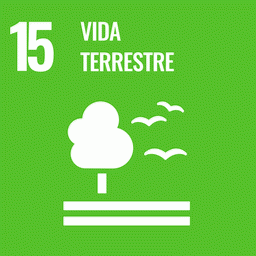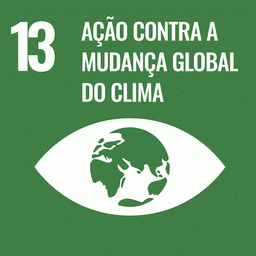Tropical forest fires have become more common due to interactions between deforestation, land clearing, and drought. Forest recovery following fires may be limited by nitrogen. Biological nitrogen fixation (BNF) is the main pathway for new nitrogen (N) to enter most ecosystems, but BNF may be constrained by other nutrients, such as molybdenum and phosphorus, which are required for the process. We studied the role of BNF 7 years into the recovery of southeastern Amazon tropical forests that were burned experimentally either annually or every 3 years between 2004 and 2010. We hypothesized that, compared with unburned primary forests, BNF in burned forests would increase due to the depletion of N in the aboveground biomass pool and that soil concentrations of molybdenum and phosphorus from ash inputs would increase, reducing their potential constraints on BNF. Despite the fires depleting about half the aboveground N pool and rapid rates of recovery in leaf biomass and litterfall production, we found low rates of both free-living and symbiotic BNF. Higher concentrations of molybdenum and phosphorus in the mineral soils of the burned forests indicated that these elements were likely not limiting BNF. Our results suggest that despite the N demand for regrowth post-fire, substantial N stored in soils likely downregulates BNF. Overall, we found surprisingly low BNF rates (< 1.2 kg N ha−1 y−1) in this region of the Amazon, which contrasts with the traditional paradigm that (1) tropical forests fix large quantities of N and (2) that BNF increases after forest disturbance.
Carta da Região MAP: Fortalecer a resiliência das populações aos eventos extremos na Amazônia Sul-Ocidental (Português e Espanhol)
Carta é fruto de Reunião de Avaliação dos Impactos das Enchentes de 2012 na Região MAP - Madre de Dios (Peru), Acre (Brasil) e Pando (Bolívia).

